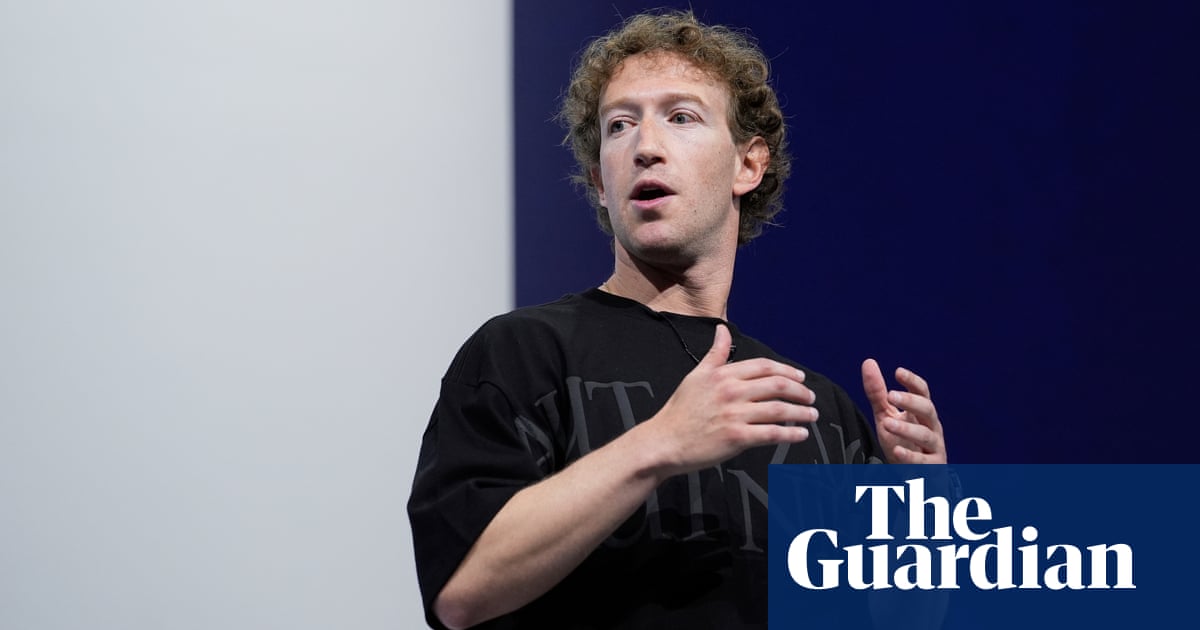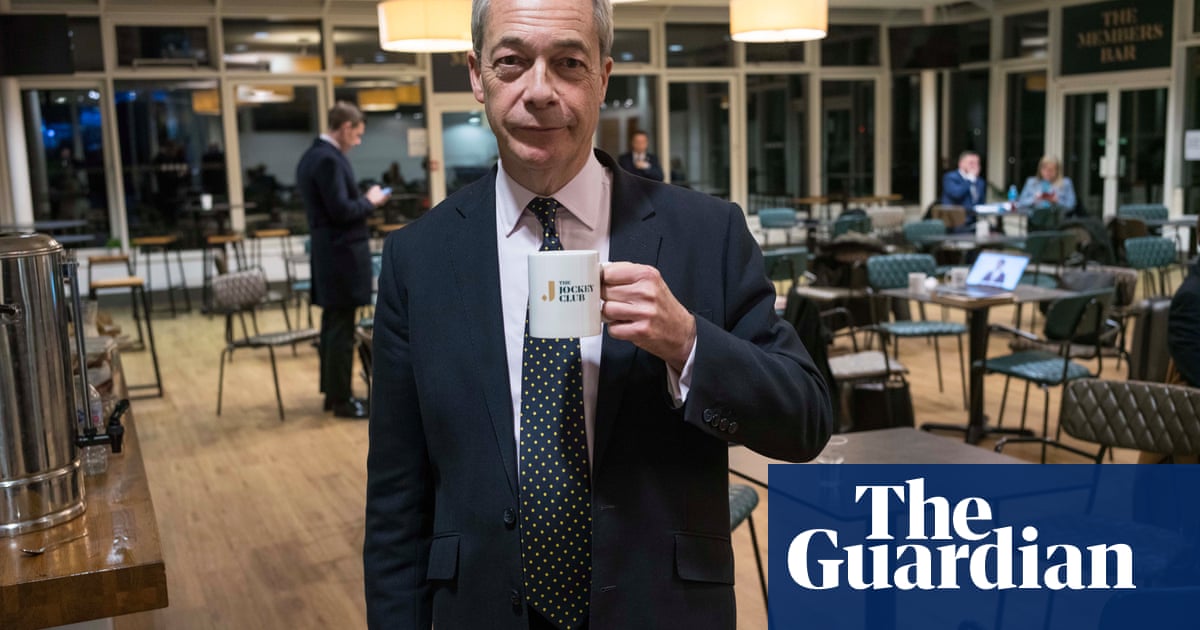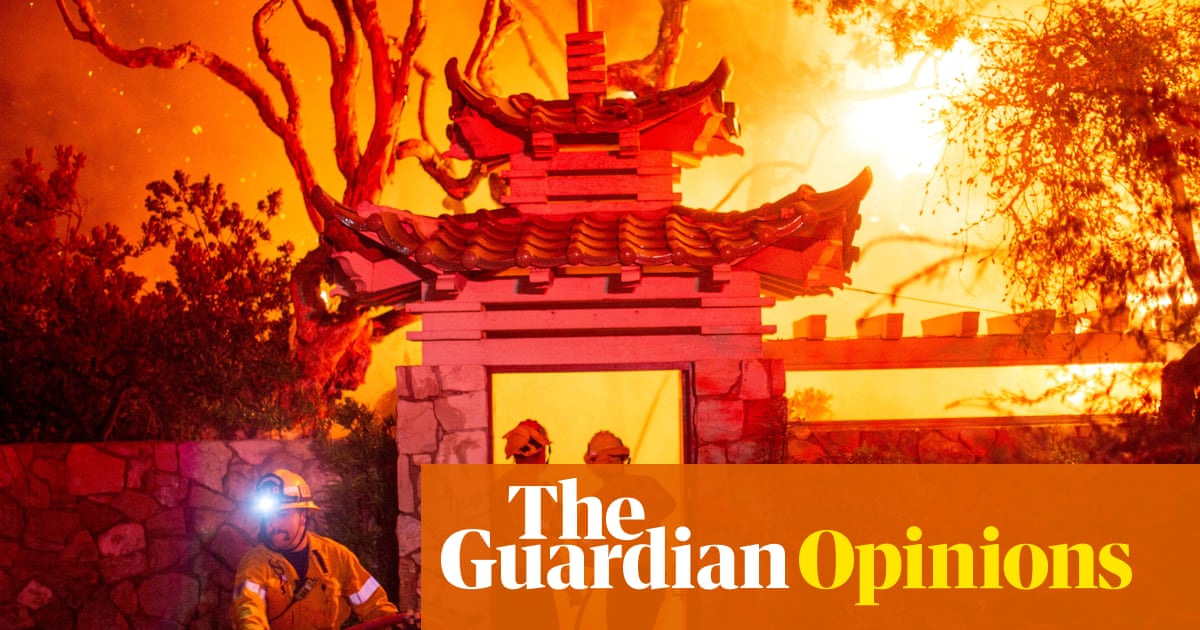Hell is other people. Or, more specifically, other people on social media. Hell is millions of people who would avoid each other like the plague if they met in real life, but who are shoved into each other’s faces and essentially egged on to punch each other online; it’s people endlessly winding each other up out of boredom or frustration or desperation to be part of some gang, which ends in viral bullying, death threats, children ripping other children to shreds on platforms they are legally not old enough to join.
Hell is a social circle so vast and remote that human brains just aren’t wired to cope with it: it’s sociability without accountability, and it was making us miserably stressed long before Elon Musk bought X and drove it at a wall. But even then, people stayed for the reasons people do stay in toxic relationships – inertia, fear of being lonely, misplaced hope it may get better – and because it seemed intrinsic to many working lives. You had to be on X because everyone else was, a circular logic that this week finally snapped: a stampede away from X has seen rival Bluesky add 1 million users since the US election, with several prominent Labour MPs joining the charge. What’s the point, the chair of the women and equalities committee, Sarah Owen, asked, in being on a site that’s “gone from cat memes, to sharing Wordle scores, to calling people whores just for having a different political opinion”?
Platforms come and go, but this feels different: the final death of the idea that social media could ever be the internet’s town square, a global meeting place for ideas that would broaden all our horizons. Now, the future of social media looks increasingly segregated for users’ safety, like rival fans at football. X for the rightwing and the raging; centrists and policy nerds on Bluesky; people who hate politics on Threads or Instagram; Gen Z on TikTok; boomers on Facebook.
Like most journalists, I’m still listening to different conversations on all of them. But for active posting, I switched to Bluesky back in August when Musk used the Southport riots to promote the idea of civil war in Britain. So far, it feels like swapping stilettos for trainers: initially you worry about wimping out, then you wonder why you ever put up with crippled feet for so long.
Part of me hates the idea that mass-market platforms are over, if only because I have never stopped believing that breaking out of parochial bubbles, engaging with uncomfortable ideas and trying to understand how other people think matters. But the mistake was to think social media was a shortcut to all that, when online life never truly mirrored real life, even before algorithms skewed it towards the loudest voices and its model actively worked against understanding.
Most people become open to the other side’s point of view when someone they like or respect turns out to be in the rival camp. But by replacing one trusted person with a pitchfork-wielding mob of strangers, social media made us angrier, more defensive, ever more convinced the pitchfork guys were wrong. Its legacy is a world immeasurably more polarised and miserable to boot, with research showing a link between heavy social-media use and depression not just in teenagers but into middle age.
Starting again on a new platform is admittedly the triumph of hope over experience. Bluesky has learned from its predecessors, starting out invite only and growing slowly: it has strong social norms, a culture of blocking rather than feeding attention-seeking trolls, and features that nudge users away from aggressive “quote tweet” pile-ons. The determinedly aggressive will find a way, but if nothing else it makes you wonder why we let ourselves be kidded for so long that there was nothing platforms could do. But while it’s a nice place to be right now, so was Twitter in 2009. Growth is near impossible to achieve without malignancy creeping in.
If anything gives me hope it’s that Bluesky’s more measured, less emotive conversation is also less addictive, for the secret to using social media well in 2024 is simply using it less. The moral isn’t to stop listening to ideas you find uncomfortable or people who don’t agree. It’s to do it in real life, not in the digital equivalent of a pub notorious for glassing at chucking-out time – and preferably in ways that don’t make Musk any richer than he already is.
-
Gaby Hinsliff is a Guardian columnist

.png) 1 month ago
14
1 month ago
14













































